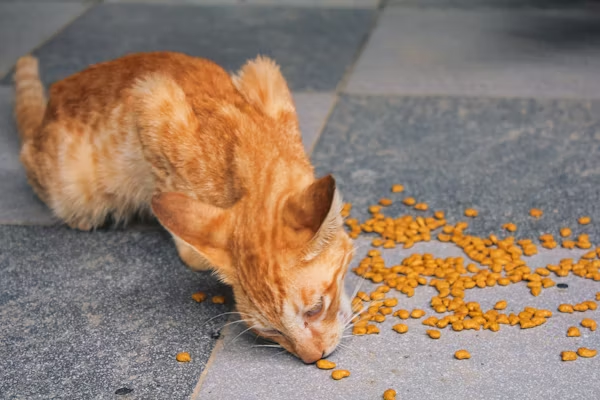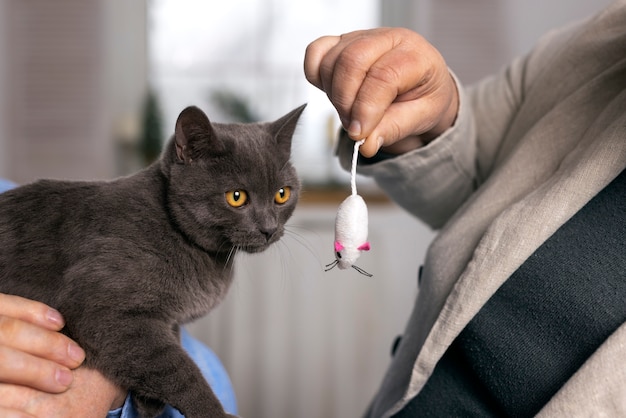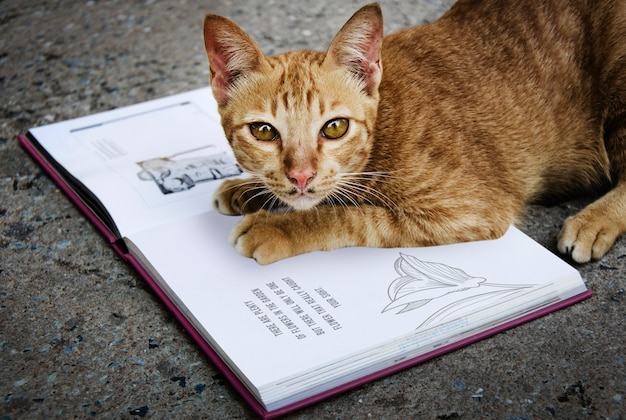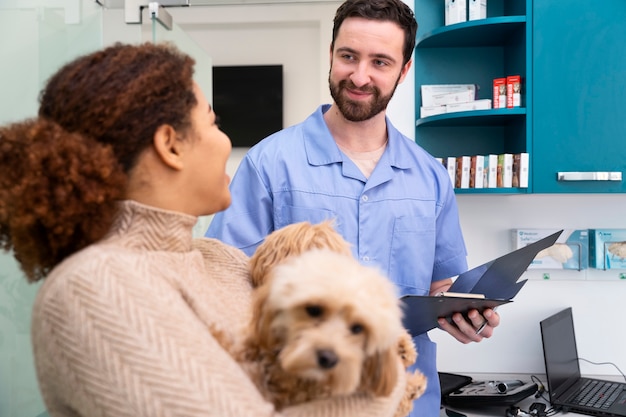8 Surprising Foods That Are Harmful to Your Cat | Express Vets Buford

8 Surprising Foods That Are Harmful to Your Cat
At Express Vets Buford, we know how easy it is to want to share your favorite foods with your furry companions. But when it comes to cats, certain human treats can be toxic—or even deadly. To help you protect your feline friend, here’s a list of eight common foods that are surprisingly bad for cats, along with why you should keep them out of reach.
1. Onions and Garlic
Both onions and garlic contain compounds that can damage your cat’s red blood cells, leading to a condition called hemolytic anemia. Even small amounts—whether raw, cooked, or in powdered form—can be dangerous over time. Symptoms include lethargy, weakness, pale gums, and vomiting.
2. Chocolate
Chocolate contains theobromine and caffeine, two compounds that cats cannot metabolize effectively. Ingesting chocolate can lead to muscle tremors, abnormal heart rhythm, seizures, and in severe cases, death. Dark chocolate and baking chocolate are especially dangerous due to higher concentrations.
3. Alcohol
While it might sound obvious, even small amounts of alcohol—such as what’s found in mouthwash, uncooked yeast dough, or certain desserts—can be toxic to cats. Alcohol depresses the central nervous system and can cause vomiting, diarrhea, breathing problems, or coma.
4. Dairy Products
Despite the classic image of a cat drinking milk, most adult cats are lactose intolerant. Feeding your cat milk, cheese, or ice cream can lead to stomach upset, gas, and diarrhea. Stick to specially formulated cat milk if you want to offer a dairy-like treat.
5. Grapes and Raisins
Though more toxic to dogs, grapes and raisins have also been linked to kidney failure in cats. Since the exact toxic substance remains unknown and individual sensitivities vary, it's safest to avoid these fruits entirely.
6. Caffeine (Coffee, Tea, Energy Drinks)
Caffeine is a stimulant that can increase your cat’s heart rate and cause hyperactivity, restlessness, tremors, and seizures. Be especially cautious with spilled drinks, coffee grounds, and even certain pain medications that contain caffeine.
7. Raw Meat, Eggs, and Fish
Feeding your cat raw meat, eggs, or fish increases the risk of exposure to harmful bacteria like E. coli and Salmonella. Raw egg whites can also interfere with the absorption of biotin, a B-vitamin essential for skin and coat health. If you're considering a raw diet, consult your veterinarian first.
8. Bones and Fat Trimmings
While it may seem natural to toss your cat a bone or leftover fat, both can cause serious issues. Cooked bones can splinter and cause choking or intestinal blockage. Fat trimmings may lead to pancreatitis, a painful inflammation of the pancreas.
As much as we love treating our cats like members of the family, it’s important to remember that their bodies react very differently to certain foods. When in doubt, it’s best to stick with a high-quality cat food recommended by your veterinarian.
If you believe your cat has ingested something harmful, don’t wait—contact Express Vets Buford immediately at (470) 326-5220 or visit us at 4108 Hamilton Mill Road, Suite 310,Buford, GA 30519.
Your pet’s health and safety are our top priority. Stay informed, and don’t hesitate to reach out with any questions about your cat’s diet!



















